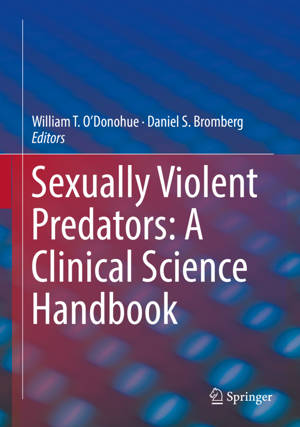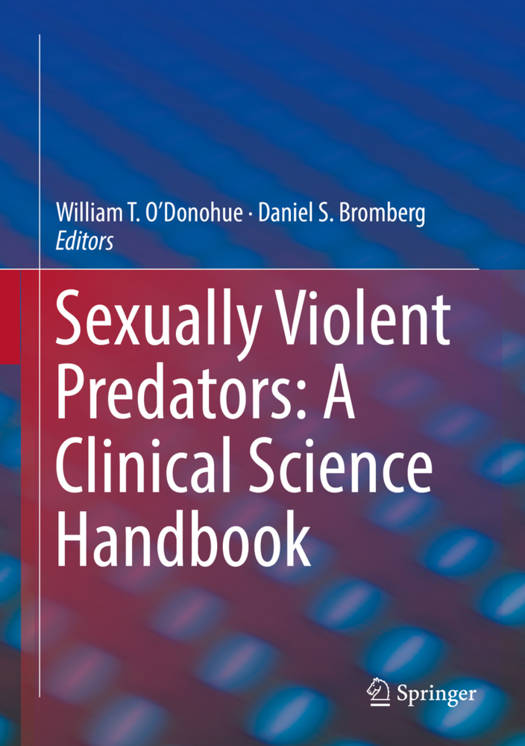
- Retrait gratuit dans votre magasin Club
- 7.000.000 titres dans notre catalogue
- Payer en toute sécurité
- Toujours un magasin près de chez vous
- Retrait gratuit dans votre magasin Club
- 7.000.0000 titres dans notre catalogue
- Payer en toute sécurité
- Toujours un magasin près de chez vous
Sexually Violent Predators: A Clinical Science Handbook
Description
Among the topics covered:
- Civil commitment of sex offenders.
- The physiological basis of problematic sexual interests and behaviors.
- Sexually violent predator evaluations: problems and proposals.
- Cultural considerations in the assessment of sexually violent predators.
- Management of sex offenders in community settings.
- Effective use of an expert in sexually violent predator commitment hearings.
Offering numerous issues for discussion and debate with considerable implications for clinical practice, policy, and the judicial system, Sexually Violent Predators will interest and enlighten forensic psychologists and psychiatrists as well as social workers, policy-makers, and legal professionals.
Spécifications
Parties prenantes
- Editeur:
Contenu
- Nombre de pages :
- 432
- Langue:
- Anglais
Caractéristiques
- EAN:
- 9783030046958
- Date de parution :
- 16-07-19
- Format:
- Livre relié
- Format numérique:
- Genaaid
- Dimensions :
- 178 mm x 254 mm
- Poids :
- 984 g

Les avis
Nous publions uniquement les avis qui respectent les conditions requises. Consultez nos conditions pour les avis.





